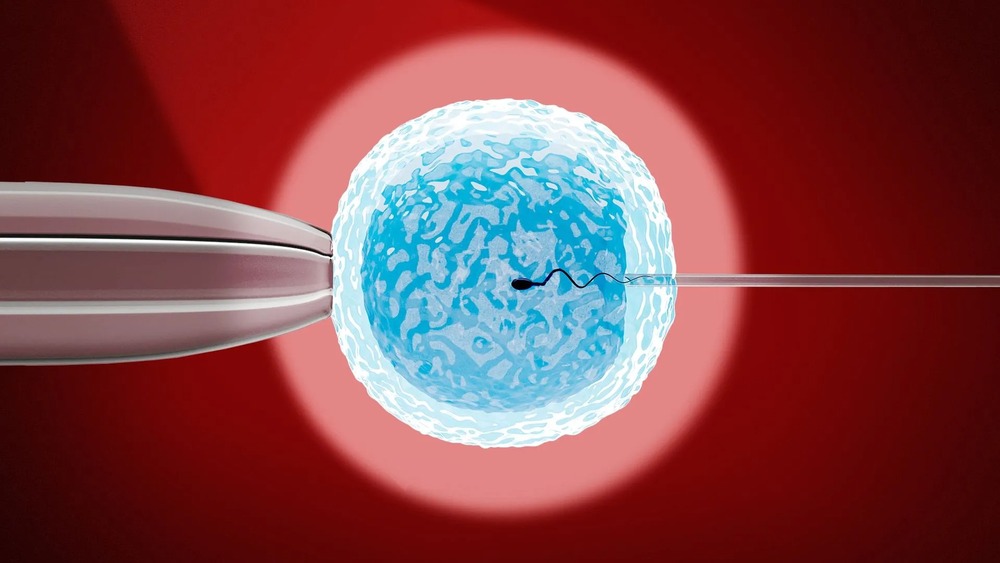In the world of assisted reproductive technology, two popular options stand out: Mini IVF and Conventional IVF. Both methods aim to help couples achieve their dream of parenthood, but they differ significantly in their approach, costs, and success rates. Understanding these differences can help you make an informed decision about which option is best for your unique situation. 🌟

What is Mini IVF?
Mini IVF, or Minimal Stimulation IVF, is a gentler approach to in vitro fertilization. It uses lower doses of medication to stimulate the ovaries, resulting in fewer eggs being retrieved. This method is often preferred by women who may have concerns about the side effects of traditional IVF medications or those who are looking for a more cost-effective solution.
Key Features of Mini IVF:
- Lower Medication Use: Mini IVF typically involves less hormonal stimulation, which can lead to fewer side effects. 💊
- Cost-Effective: The reduced need for medication often makes Mini IVF a more affordable option.
- Fewer Eggs: While fewer eggs are retrieved, the quality of the eggs can be higher due to the gentler stimulation.
What is Conventional IVF?
Conventional IVF, on the other hand, involves a more aggressive approach to ovarian stimulation. Higher doses of fertility medications are used to produce multiple eggs, which are then retrieved and fertilized in the lab. This method has been the standard for many years and is known for its higher success rates, especially in certain age groups.
Key Features of Conventional IVF:
- Higher Medication Use: More hormones are used to stimulate the ovaries, which can lead to more eggs being retrieved. 💉
- Higher Success Rates: Conventional IVF generally has higher success rates, particularly for women under 35.
- More Comprehensive: This method allows for the possibility of freezing embryos for future use.
Comparing Success Rates
When considering Mini IVF vs. Conventional IVF, success rates are a crucial factor. Here’s a comparison of the success rates based on age groups:
| Age Group | Mini IVF Success Rate (%) | Conventional IVF Success Rate (%) |
|---|---|---|
| Under 35 | 30% | 40% |
| 35-37 | 25% | 35% |
| 38-40 | 20% | 30% |
| Over 40 | 10% | 15% |
As shown in the table, Conventional IVF tends to have higher success rates across all age groups. However, Mini IVF can still be a viable option, especially for those who prefer a less invasive approach.
Cost Comparison
Cost is another significant factor when choosing between Mini IVF and Conventional IVF. Here’s a breakdown of the average costs associated with each method:
| Treatment Type | Average Cost (USD) | Medication Cost (USD) | Total Estimated Cost (USD) |
|---|---|---|---|
| Mini IVF | $5,000 | $1,500 | $6,500 |
| Conventional IVF | $12,000 | $3,000 | $15,000 |
As illustrated in the table, Mini IVF is generally more affordable than Conventional IVF. This can be a deciding factor for many couples, especially those on a budget. 💰
Factors to Consider
When deciding between Mini IVF and Conventional IVF, consider the following factors:
- Age: Your age can significantly impact your success rates. Younger women may benefit more from Conventional IVF, while older women might find Mini IVF to be a suitable option.
- Health Conditions: Certain health conditions may make one method more appropriate than the other. Consulting with a fertility specialist can provide clarity.
- Financial Situation: If cost is a major concern, Mini IVF may be the better choice.
- Personal Preferences: Some individuals prefer a less invasive approach, making Mini IVF more appealing.
Conclusion
Choosing between Mini IVF and Conventional IVF is a personal decision that should be made based on your unique circumstances. Both methods have their advantages and disadvantages, and understanding these can help you make the best choice for your journey to parenthood.
For more information on fertility treatments and to explore your options, consider visiting reputable resources like Resolve: The National Infertility Association or The American Society for Reproductive Medicine. These organizations provide valuable insights and support for individuals navigating the complexities of infertility.
Ultimately, the right choice for you will depend on your specific situation, preferences, and goals. Whether you opt for Mini IVF or Conventional IVF, the most important thing is to stay informed and seek guidance from qualified professionals. Good luck on your journey! 🌈✨




